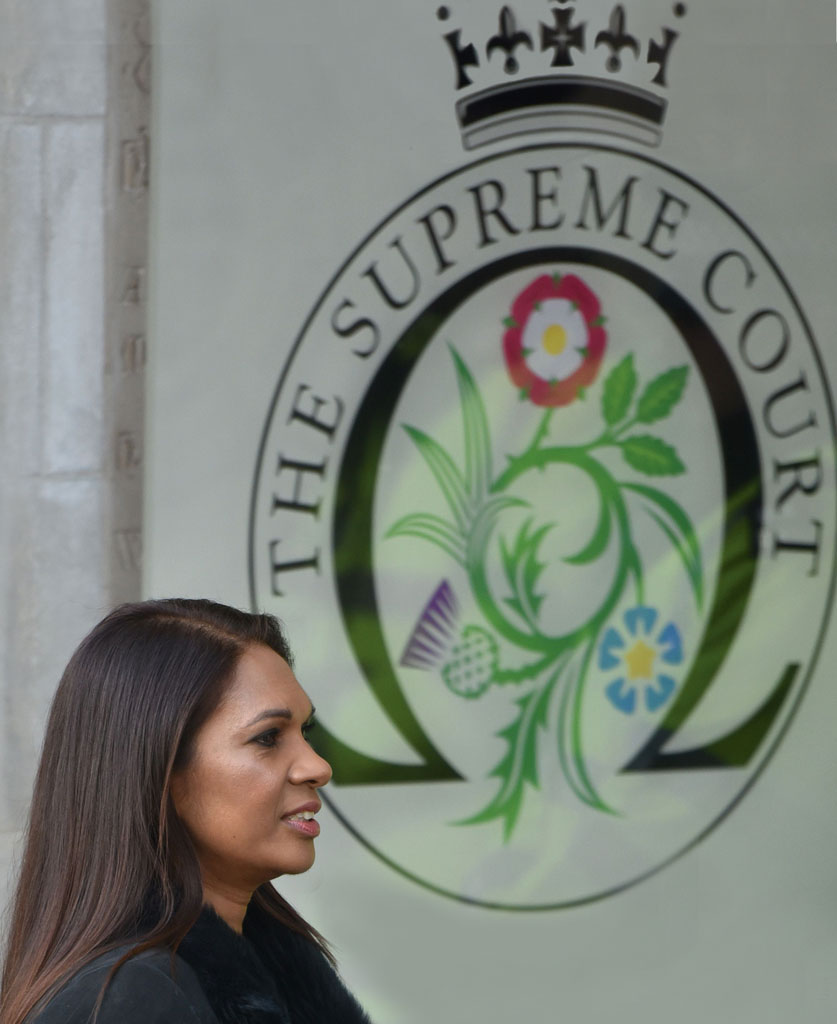
Michael Zander QC picks out crucial passages from the dissenting Supreme Court justices on the triggering of Art 50
-
The judgments of Lords Reed, Carnwath and Hughes in R (Miller and another) v Secretary of State for Exiting the European Union [2017] UKSC 5.
Lord Reed (paras.153-242)
The effect of EU law in the UK is entirely dependent on the 1972 Act
“I entirely accept the importance in our constitutional law of the principle of Parliamentary supremacy over our domestic law…That principle does not, however, require that Parliament must enact an Act of Parliament before the UK can leave the EU. That is because the effect which Parliament has given to EU law in our domestic law, under the [European Communities Act 1972], is inherently conditional on the application of the EU treaties to the UK, and therefore on the UK’s membership of the EU. The Act imposes no requirement, and manifests no intention, in respect of the UK’s membership of the EU. It does not, therefore,









